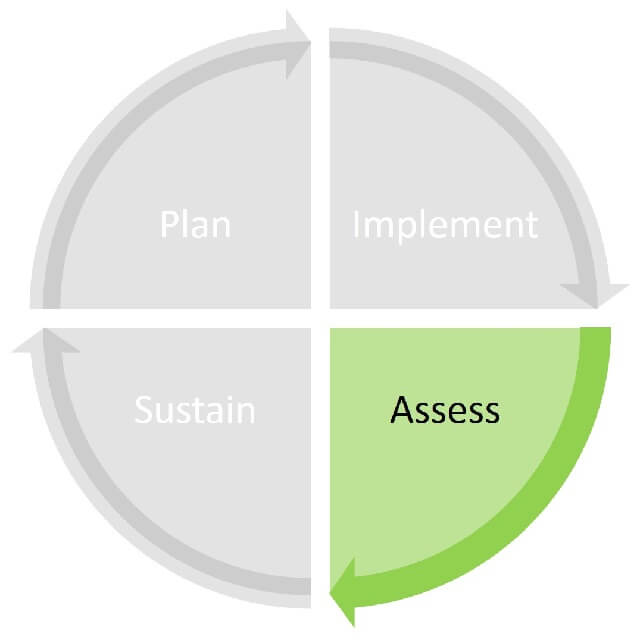Experiences of the Peer Supporters in the Program

Peer supporters are at the frontline of any program and getting feedback from them is very important to make sure the program is successful. Supporters can provide information about their efforts and offer suggestions about running the program to continuously improve it. Find out how peer supporters are doing and feeling and what they think about the services the program has asked them to offer. Here are some examples of potential areas to obtain feedback about:
- Do they feel prepared to “do their job”?
- Are they getting enough guidance, training, and support from the program? (This information could be obtained via a periodic survey and/or discussions in meetings.)
- Are they satisfied with the services that they are offering?
- Are there areas in the program or their performance that they feel could be improved?
This type of information can help program leaders better support their peer supporters. Feedback from peer supporters as well as various leaders and staff within the program is vital to continuously improve the program. For example, peer support leaders at NAMI complete forms after a support group session to describe what issues arose in the group, what methods they used to assist the group, the need for more resources, and other issues.
Some programs have program-related meetings to discuss their work and any concerns. This type of meeting is a good way to gather wisdom and an opportunity to “brainstorm” solutions. NAMI holds appreciation events and teleconferences where peer supporters discuss the program and their thoughts about it.
Here are some additional areas to assess as applicable (on a periodic or regular basis):
- Are peer supporters readily available to answer program participant’s phone calls/questions?
- Is enough time allowed for peer support activities? Is the program ended sooner or later than the program participants want it to end?
- Do participants feel stressed by the number or content of questions asked by peer supporters (for example, probing too much or asking things that the participant is not yet ready to provide)?
- Are program procedures being followed (for example, are peer supporters completing the required forms or note taking for the program)?
- Are participants satisfied at the end of the group meetings? Is everyone in the group given time to speak? (this information can be collected via surveys at the end of the activity, via someone attending and observing the meeting, or through debriefing forms submitted by the peer supporters after a meeting)
Updated: March 2018
